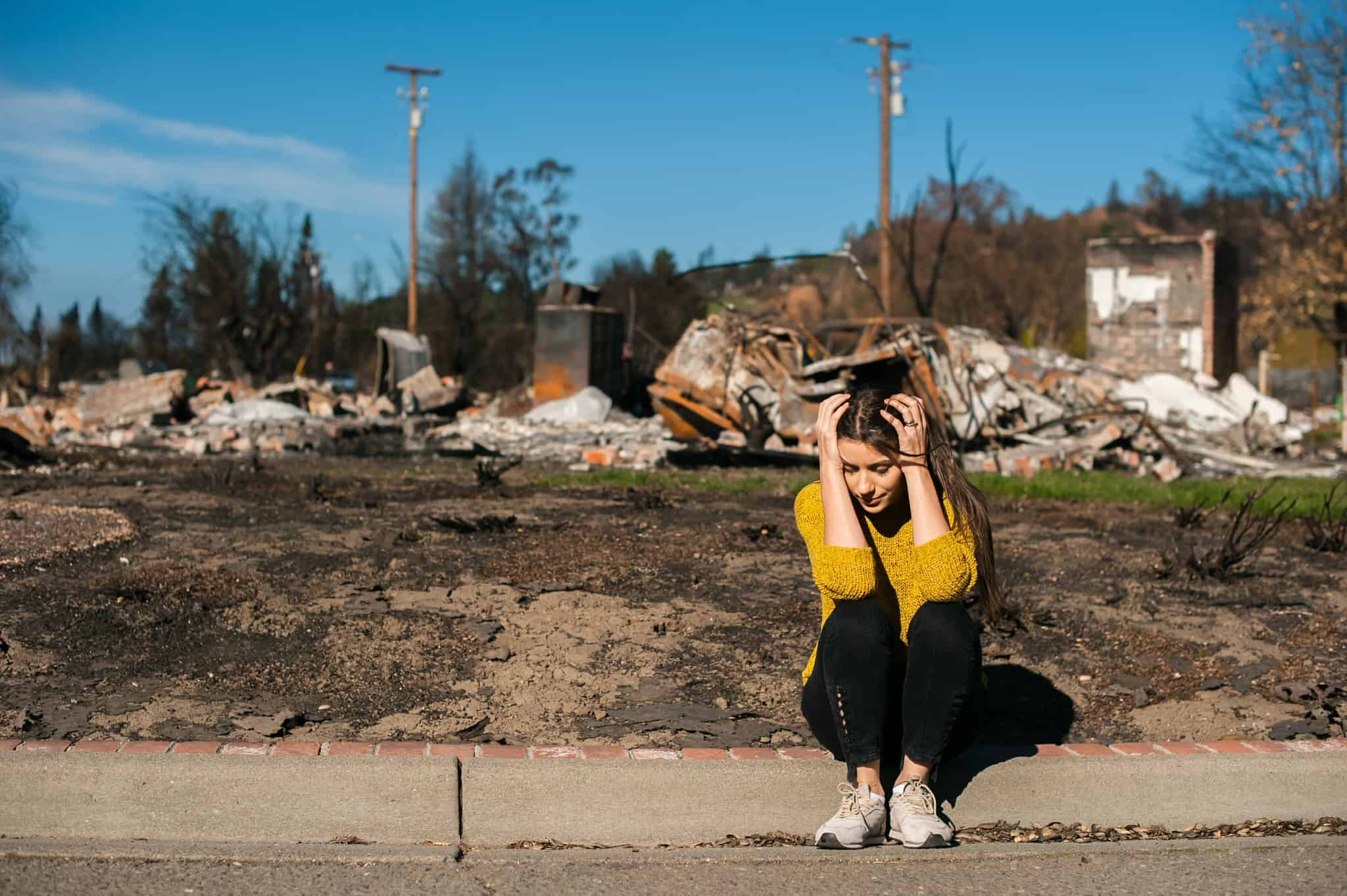Trauma Therapy
Trauma Counseling
YOU’RE ONE STEP CLOSER TO A NEW BEGINNING
Trauma Therapy & Trauma Counseling
Everyone experiences stress in their lives, but when an event or series of events is exceptionally stressful, it is called a trauma or traumatic experience. Trauma therapy and trauma counseling can help address such an experience. Those who have been directly affected as survivors, as rescue workers, or as friends or relatives of victims, as well as those who have witnessed tragedy and devastation, either firsthand or on television, may be suffering from the effects of trauma.
What makes an experience traumatic are a sense of horror, utter helplessness, serious injury, or the threat of physical injury or death. Bearing witness to others’ intense suffering can be traumatic as well. When exposed to these types of experiences, a profound emotional reaction, both immediately and afterwards, is to be expected. The lives of those affected by the trauma of September 11, 2001, will be disrupted for some time. It is hard for anyone to readily return to their normal routines.
People cope with trauma in various ways, although there are some common coping strategies that are typically associated with better post traumatic adjustment. For example, it is helpful to obtain comfort from loved ones, talk with friends and loved ones about their experience, find respite from daily demands, and engage in forms of relaxation (e.g., naps, walks, quiet time, meditation). The other thing to keep in mind is that the old adage about “time healing all wounds” is mostly correct. Intense fear, anxiety, and the pain of remembering something awful will gradually decrease over time. Surprisingly, most people are able to return to their normal routines in about a month.
A small percentage of people suffer from intense emotional or physical distress, called acute stress disorder (ASD), which typically occurs in the first month following a catastrophic event. Individuals may be suffering from post traumatic stress disorder (PTSD) if the problems remain or become worse and if the problems go beyond 3 months. Trauma therapy and trauma counseling will help.
Trauma Therapy – What Is PTSD?
PTSD is a challenging and sometimes devastating mental health condition that includes many possible symptoms. It typically centers around a traumatic experience. You may have directly experienced that trauma or witnessed the event happening to someone else. Some people develop PTSD when they learn about the violent or unexpected death of a family member or friend.
Examples of trauma include war zone exposure, physical or sexual assault, natural disasters, serious accidents, terrorist attacks, and child sexual or physical abuse. The illness can occur soon after the event, or it can start later. Symptoms may come and go over many years. Trauma therapy and trauma counseling is especially helpful with PTSD.
Trauma Therapy – What Is Cognitive Behavior Therapy?
Trauma-focused cognitive behavioral therapy is a branch of cognitive behavioral therapy specifically used for people struggling with trauma. This trauma therapy is specifically targeted to help individuals to address thoughts related to a traumatic event and to educate about trauma overall and its wide impact. A person is instructed about relaxation methods and coping techniques to help them with symptom management. TFCBT helps a person to process thoughts and feelings related to their experience via a trauma narrative, which is a mechanism to help them tell their story.
Changes or goals might involve:
- A way of acting: like smoking less or being more outgoing
- A way of feeling: like helping a person to be less scared, less depressed, or less anxious
- A way of thinking: like learning to problem-solve or get rid of self-defeating thoughts
- A way of dealing with physical or medical problems: like lessening back pain or helping a person stick to a doctor’s suggestions
Behavior Therapists and Cognitive Behavior Therapists usually focus more on the current situation and its solution, rather than the past. They concentrate on a person’s views and beliefs about their life, not on personality traits. Behavior Therapists and Cognitive Behavior Therapists treat individuals, parents, children, couples, and families. Replacing ways of living that do not work well with ways of living that work, and giving people more control over their lives, are common goals of behavior and cognitive behavior therapy.
Trauma Therapy and Trauma Counseling
Getting Started is Easy
Give us a call today for a free 20 minute consultation. We would be happy to answer any questions you. When you are ready, you can schedule your counseling / therapy appointment online. Be sure to ask about our secure online video therapy services. We offer online therapy & online counseling to patients all across Texas.



